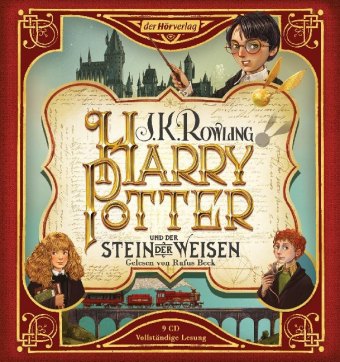
Introduction
J.K. Rowling, known primarily for her monumental Harry Potter series, remains a significant figure in contemporary literature. Her work has captivated millions, shaping a generation of readers and contributing greatly to the literary landscape. However, her recent controversies, particularly surrounding her statements on gender identity and feminism, have drawn both fervent support and vehement criticism, making her relevance in current societal discussions nearly inescapable.
Overview of Her Career
Rowling’s career began in earnest in the 1990s when she penned the first book of the Harry Potter series, “Harry Potter and the Philosopher’s Stone,” which was published in 1997. The franchise quickly became a global phenomenon, resulting in seven novels, a successful film series, and numerous spin-offs. The Harry Potter series has sold over 500 million copies worldwide and has been translated into more than 80 languages. Rowling’s creation of an immersive world filled with complex characters not only made her a household name but also earned her various literary accolades.
Recent Controversies
In the past few years, Rowling has faced significant backlash for her comments on transgender issues, which many view as anti-transgender. Her outspoken views have alienated a portion of her fan base and ignited debates about freedom of speech and cancel culture. In June 2020, Rowling tweeted her support for a researcher who was dismissed for making anti-transgender remarks, further escalating tensions. This has led to heated discussions within the LGBTQ+ community and among supporters and detractors alike.
The Impact on Readers and Fans
Rowling’s comments have sparked substantial conversations about the intersection of literature, identity, and politics. Many fans of the Harry Potter series feel conflicted; they cherish the stories that shaped their childhood yet grapple with the author’s real-world views. It has compelled readers to reassess their relationship with the stories they love in context with Rowling’s public persona, often polarizing opinions within fan communities.
Conclusion
J.K. Rowling’s influence on literature and popular culture is undeniable, but her recent controversies highlight the evolving relationship between authors and their readers. The dialogues surrounding her comments may continue to evolve, shaping the discourse on feminism and gender identity in the literary sphere. As such, Rowling’s significance extends beyond her literary contributions, engaging with complex societal questions that resonate widely today. Readers are left to navigate their own understanding of artistry in the face of an artist’s personal beliefs, a challenge that will likely resonate well into the future.



